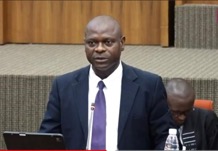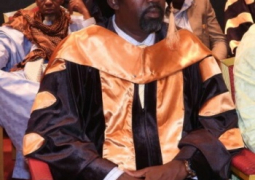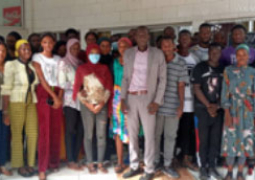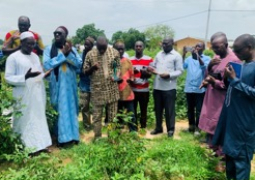
Seedy Keita, Minister for Finance and Economic Affairs made this disclosure recently while delivering the 2024 budget speech at the National Assembly.
“The upgrading of NAWEC’s transmission and distribution networks from 33KV to 225KV and the Control Centre interventions are all geared towards modernising the country’s electricity infrastructure and to enhance the quality of electricity supplies. The Water and Sanitation Networks Rehabilitation Project of US$22.5 million, which aimed to minimise current water shortages, is expected to be completed by 2025.” he further stated.
The Finance Minister also acknowledged that NAWEC experienced a huge jump in fuel, lubricants, and spare parts cost of over 25percent compared to pre-war prices.
“Freight costs and logistics challenges have also made it extremely difficult to get the needed spare parts on time, coupled with an over 50 percent increase in freight cost.”
Despite these challenges, he said, government with support from development partners, has helped promote the development and efficiency of the energy sector.
“For example, the new 30MW Dual Fuel Power Project at Kotu and the 23MWp solar plant in Jambur are in advanced stage. Moreover, a 150MWp Regional Solar Power Park at Soma-Karantaba is going through advanced procurement stage.”
“The Ministry of Energy and Petroleum, through its Geology Department, has made substantial efforts in the management of mineral resources for wealth generation. Additional flagships will be the formulation of a Minerals and Mining Policy for the establishment of a Mining Cadastre System for The Gambia in 2024.”
Moreover, he revealed that special approvals of overland importation of fuel products from Senegal were granted as stop gap measures to avoid fuel shortage.
Read Other Articles In National News




